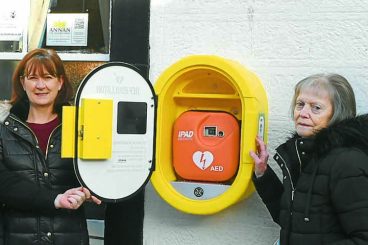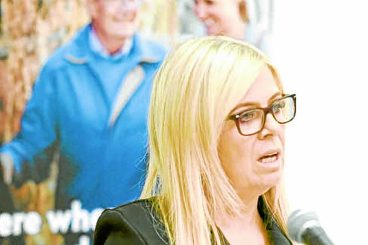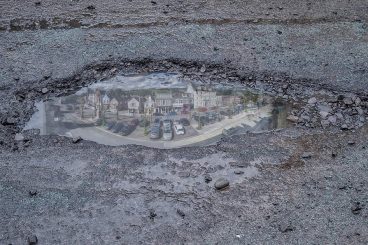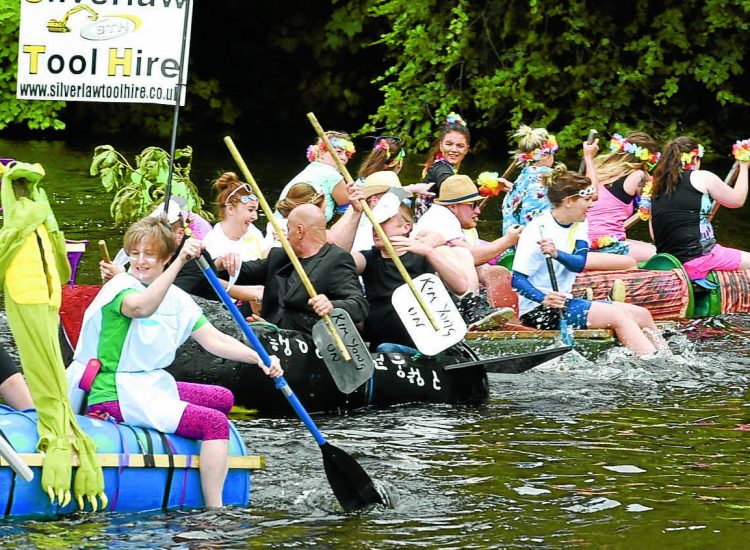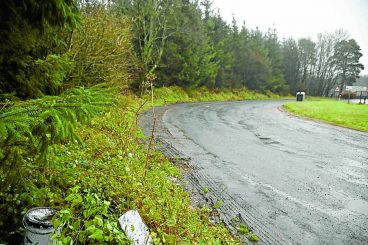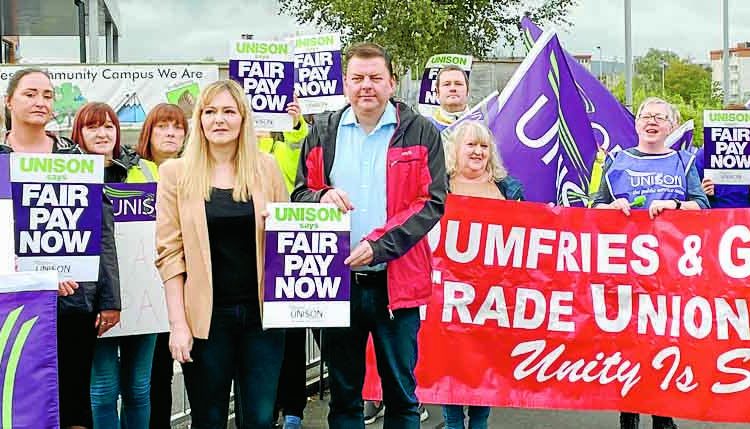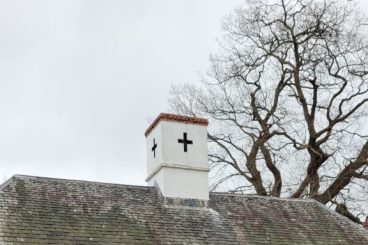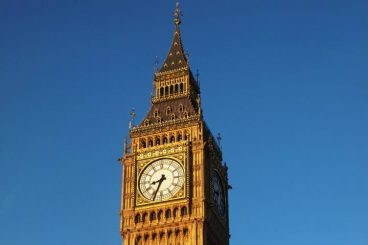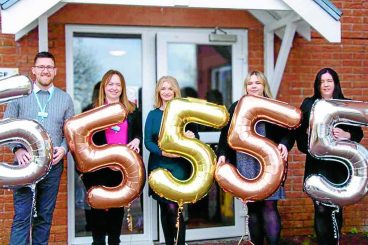MSP Colin Smyth voiced fears from health care workers and local people over Do Not Attempt CPR (DNACPR) orders made at the start of the Covid-19 pandemic.
Following a Freedom of Information request from Scottish Labour, NHS Dumfries and Galloway (NHSDG) said they have no way of knowing the cumulative total of DNR notices issued.
Mr Smyth said: “The fact that NHS Dumfries and Galloway is among those health boards who do not have information on how many DNR notices were issued during the Covid-19 crisis is shocking, it is a complete mess.
“How are NHS and health and social care staff meant to operate with such systems in place?
“Throughout this pandemic I have heard from many distressed relatives who have been asked to sign DNR notices for family members, including for those who are physically healthy.”
He also said that he spoke to some staff in GP surgeries who said they were ’embarrassed’ that they were being asked to telephone patients to ask if they wanted to sign DNRs, knowing what the answer would be before they had picked up the telephone.
He added: “However, they had little choice but to make the call because of the clear direction from the Scottish Government.
“It is time for the Health Secretary to take action to modernise the process of issuing a DNR notice to ensure that we know how many are being issued and why and people are never again seen to be put under pressure to sign them.”
Addressing the concerns from the Labour MSP, a spokesman for NHSDG said their had been no change to the use of the form and no change to the advice issued to GPs.
He said: “Information on DNACPR forms is held on GP systems as part of what is known as Key Information Summary (KIS), which is a summary of medical history and patient wishes taken out from the GP electronic record.
“It will be available to clinicians working in NHS 24 and Out of Hours services if care is needed when the GP surgery is closed.
“It is also part of the records of anyone admitted to hospital as an inpatient.
“Details on DNACPR are part of each individual patient’s data, and are accessible to the clinicians – not held centrally by the board.”
He also stressed that no one should ever feel pressured in any way into giving their consent to a DNACPR form, and, as with all other clinical treatments, decisions about CPR should be based on the individual clinical circumstances and wishes of the patient, recorded appropriately and updated when medical circumstances change.





